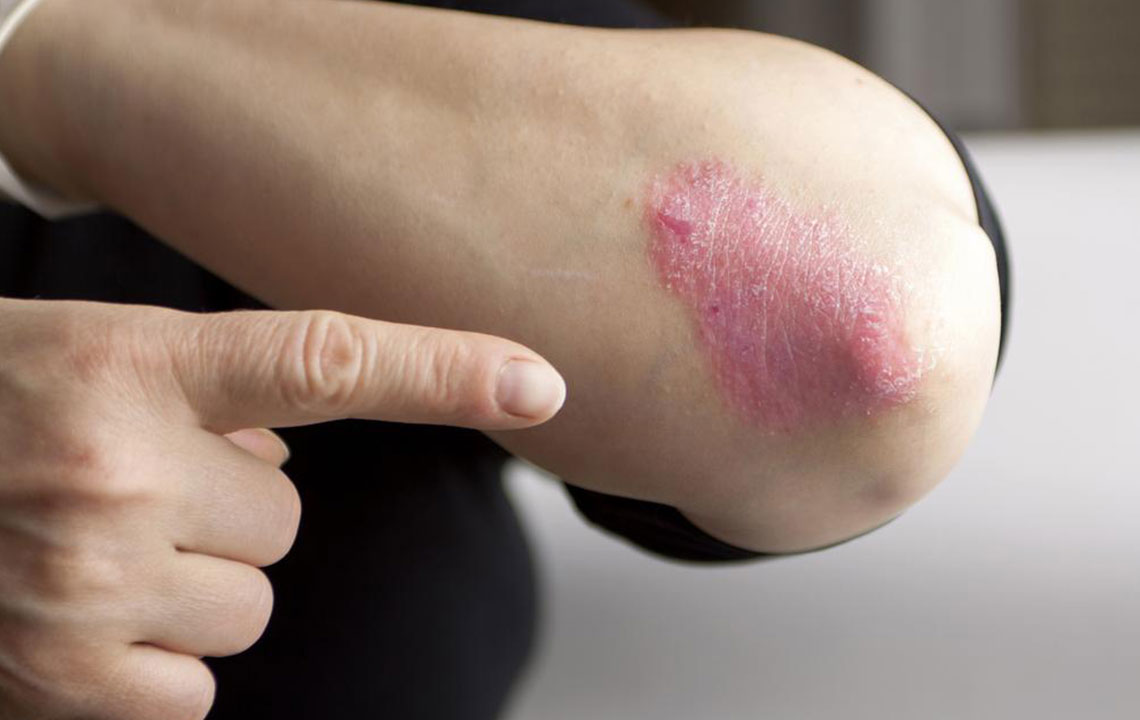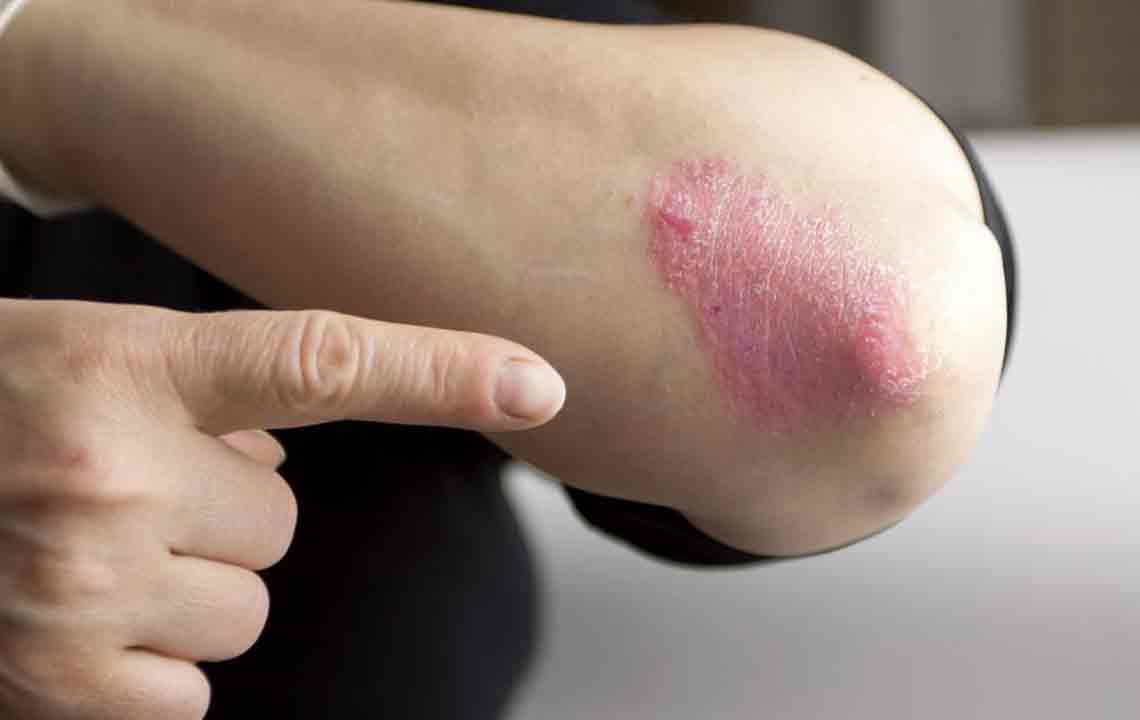Comprehensive Approaches to Managing Moderate to Severe Plaque Psoriasis
This comprehensive guide explores effective strategies for managing moderate to severe plaque psoriasis, emphasizing personalized treatments, newer biologic therapies, and the importance of holistic care. It highlights the challenges faced by patients and offers insights into advanced therapeutic options, aiming to improve quality of life and achieve better disease control.

Effective Strategies for Managing Moderate and Severe Plaque Psoriasis
Psoriasis, especially in its moderate to severe forms, presents significant challenges that impact both physical health and emotional well-being. The severity of plaque psoriasis varies among individuals, and understanding these differences is crucial for developing tailored treatment plans. While mild psoriasis often responds well to topical therapies, more advanced cases necessitate a holistic approach that combines medication, lifestyle modifications, and psychological support to achieve optimal disease control and enhance quality of life.
It is important to recognize that psoriasis is a non-contagious autoimmune condition. Despite this, misconceptions can lead to social discrimination and emotional distress. Educating patients and the public about the nature of psoriasis helps reduce stigma and encourages affected individuals to seek appropriate treatment without fear of judgment.
Severe plaque psoriasis involves a considerable portion of the skin, affecting 5-10% of the body's surface area, including the nails. When the disease progresses beyond mild symptoms, topical treatments alone often fall short, and more comprehensive interventions are necessary. This may include phototherapy, systemic medications, or even surgical options, especially in cases involving the scalp or resistant lesions. Managing such complex cases demands the expertise of specialized dermatologists and a multidisciplinary approach to ensure effective treatment outcomes.
Research indicates that over 50% of psoriasis patients express dissatisfaction with their current treatments, highlighting the need for more effective and personalized therapies. Mild psoriasis accounts for roughly 37% of cases, whereas approximately 12-15% struggle with the severe form. Therapeutic options for severe psoriasis include targeted phototherapy sessions and systemic drugs such as retinoids, cyclosporine, apremilast, and methotrexate, each with its own set of benefits and potential side effects.
In recent years, biologic drugs have revolutionized psoriasis treatment. Medications like adalimumab, etanercept, and infliximab specifically target immune pathways involved in psoriasis, leading to significant skin clearance and improved quality of life. However, these treatments often require ongoing administration over weeks or months and involve close medical supervision, sometimes necessitating hospitalization for severe cases. Long-term management is crucial to maintain remission, and care must be tailored to individuals across all age groups, including children and adolescents.
Effectively managing moderate to severe psoriasis involves a combination of approaches—medical, psychological, and lifestyle modifications—to address both the physical symptoms and the emotional toll of living with a chronic autoimmune disease. It's vital for patients to work closely with healthcare professionals to develop a personalized treatment plan, monitor progress, and adjust therapies as needed, ensuring the best possible outcomes and minimal disease impact on everyday life.





